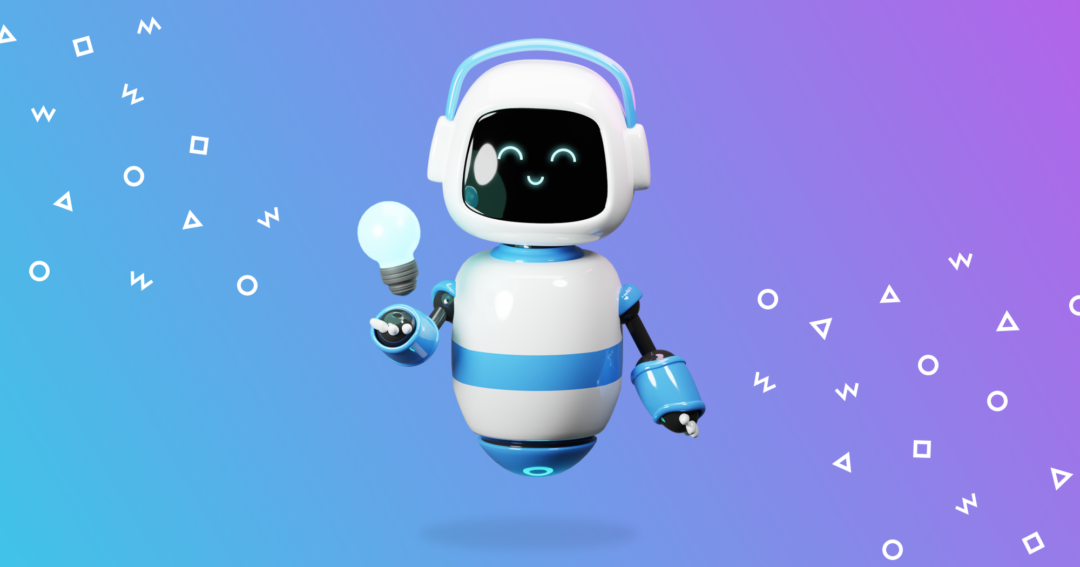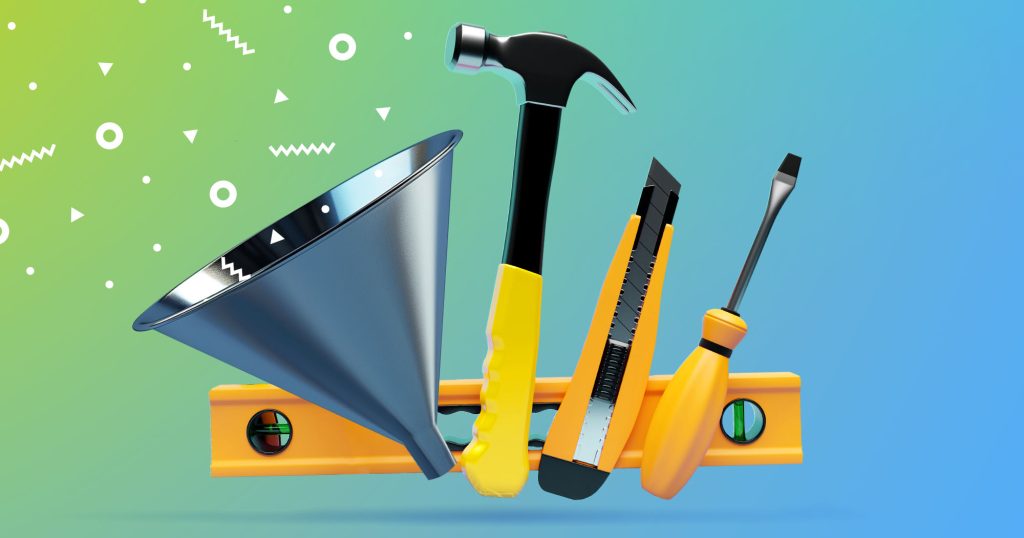Until recently, “virtual assistant” was what we called those remote professionals that handled certain administrative tasks for businesses. Now, the ranks of these human professionals have been infiltrated by their AI counterparts.
Just imagine – a team member with the ability and devoted motivation to complete the exact tasks that you require. This one doesn’t need sleep or a coffee break, and they can be on the clock 24/7. Meet the virtual AI assistant.
These tools have been on the rise for quite some time and have been adopted by every industry imaginable, from sales to healthcare. It’s no wonder that the AI virtual assistant market has been growing exponentially and is expected to reach USD 6.27 billion by 2026.
In this article, we will dive into the topic of virtual AI assistants – their common types, the benefits of getting one, along with a real-world example of our very own AI sales assistant.
The common types and business benefits of virtual AI assistants
We may not realize it now, but artificial intelligence (AI) is the beginning of a new chapter for our culture. And while it’s been around for some time now, the most recent advances in AI tech are slowly revolutionizing the world as we know it.
For practically every task and process, there is AI software that businesses and professionals can use to take it to the next level. While there are too many types of AI assistants to list them all (plus, by the time you finish reading this, I can almost guarantee another one will come to life!), here are the main ones:
- Personal Assistants: a broad term for all AI assistants that help individuals execute tasks in a personalized manner (more on that later).
- Chatbots: often used by businesses for their customer support to answer queries, provide assistance, and help navigate customers toward a purchase.
- Voice Assistants: use voice recognition and natural language processing to interpret commands and provide solutions.
- Business Assistants: AI assistants designed to automate and enhance business processes, for example, email outreach.
Now that we’ve covered the basics of AI assistants, you may be wondering if you really need one. Well, for starters, there’s an 84% likelihood that you are already interacting with a virtual AI assistant of some sort on your device, even if you don’t know about it!
Siri, Alexa, and Google Assistant are probably the most popular examples in the market, and they are the perfect examples of why AI assistants can be so useful for individuals: They simplify the execution of simple day-to-day tasks such as setting reminders, adding calendar events, or doing research to provide intelligent recommendations.
For businesses, the list of key benefits of incorporating an AI-powered virtual assistant gets way longer.
- Increased revenue growth → sales and marketing AI assistants allow businesses to target and qualify the most relevant leads, make data-driven decisions based on prospects’ profiles and behaviors, optimize all existing workflows, and scale their business operations, all leading to revenue growth.
- Improved customer engagement → businesses can automate their multichannel outreach with prospects while keeping a personal touch (more on that later).
- Improved customer support → mostly in the form of AI chatbots that you can find on websites, social media platforms, and so on, which allow businesses to provide 24/7 human-like support to potential customers, nurturing them towards the purchase.
- Increased personalization → AI assistants allow businesses to provide a unique experience for all their potential customers by analyzing their behavior, data points, and the exact context of their query.
- Increased efficiency → the best virtual AI assistants can gather and analyze tons of data sets in seconds, while the same task would take us humans countless hours and effort.
The list goes on, but these are perhaps the most enticing reasons why your team should consider finding a robot AI assistant or two that best fit your business goals.





![Upselling and Cross-selling: The Go-To Guide [+7-Step Framework Inside] Upselling and Cross-selling: The Go-To Guide [+7-Step Framework Inside]](https://reply.io/wp-content/uploads/upsale-1024x538.jpg)
